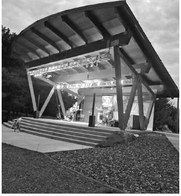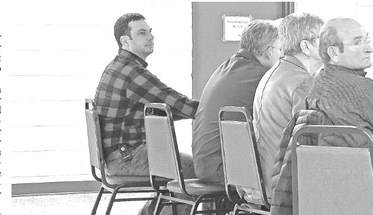An Uber driver, a dairy farmer and a therapist walk into the Capitol
“You look familiar,” state Rep. Lee Snodgrass recalled a customer saying while she was bartending at a restaurant in her district.
“Well, I’m probably your state representative,” she repl...



